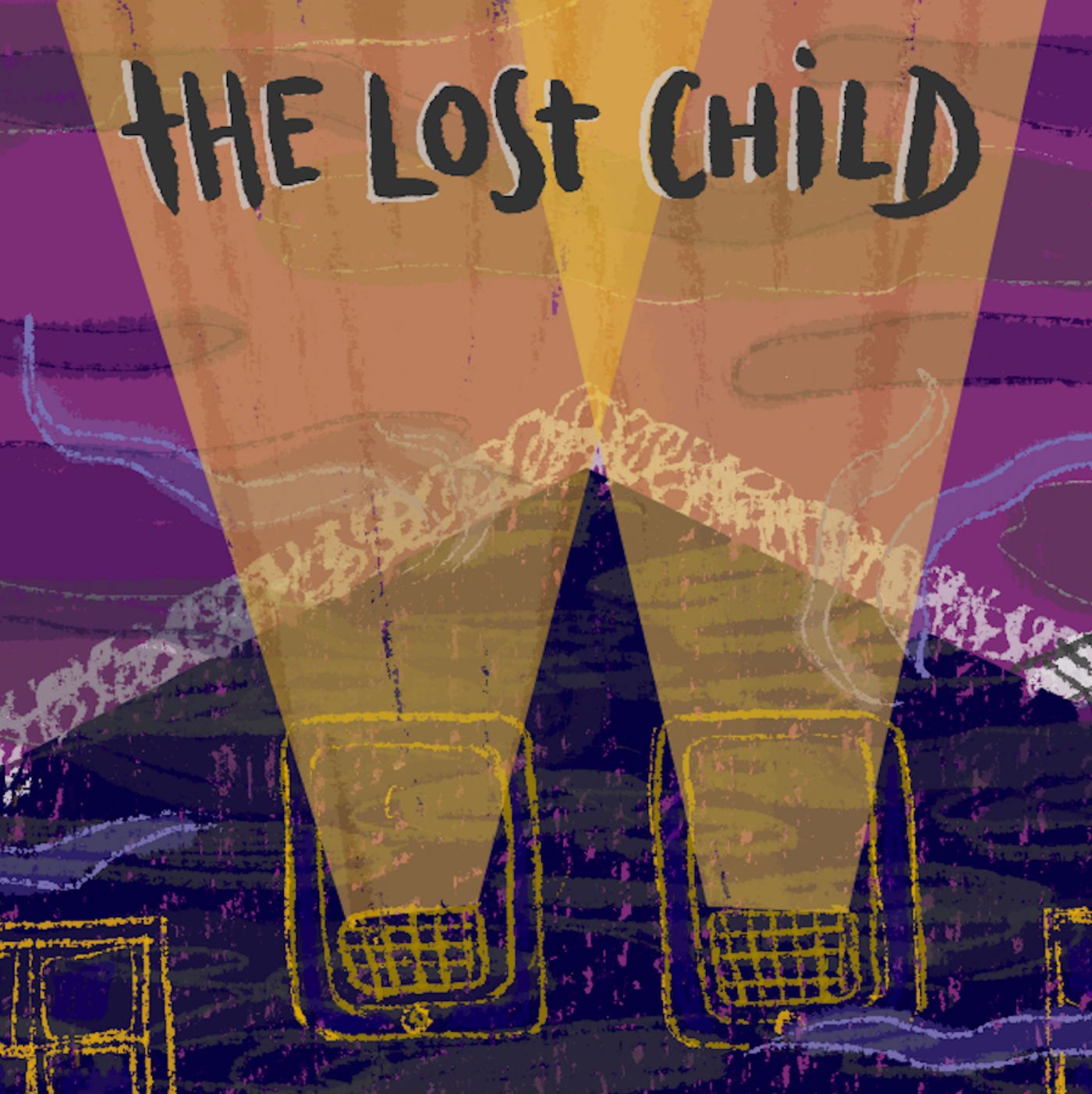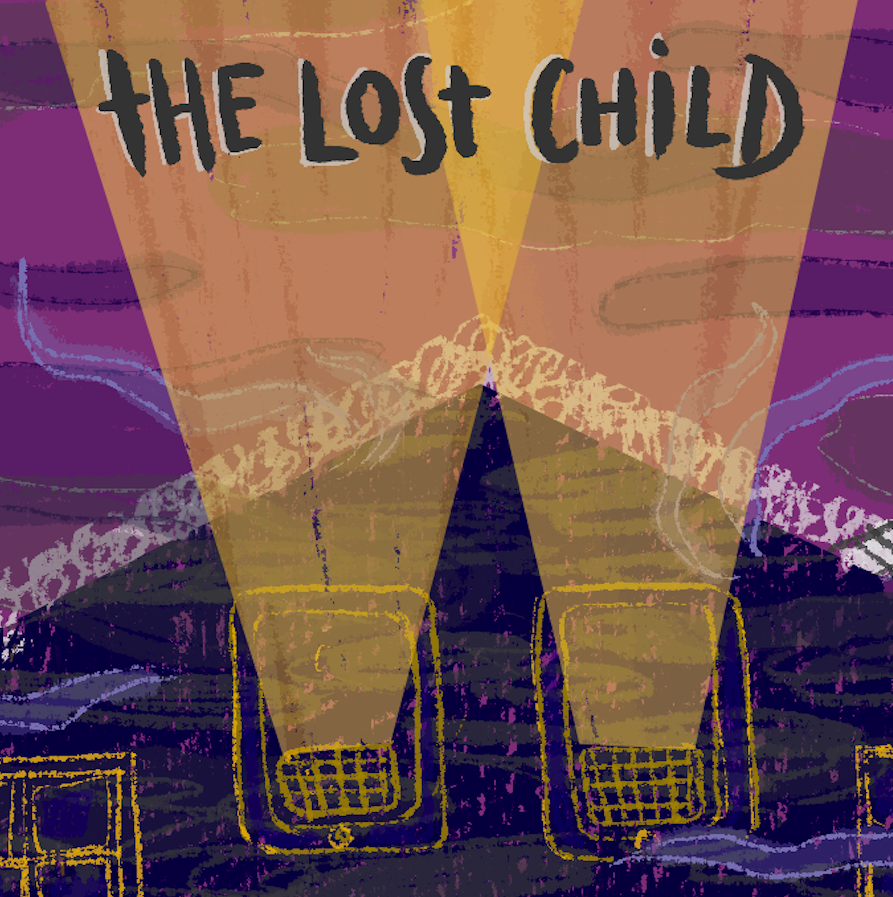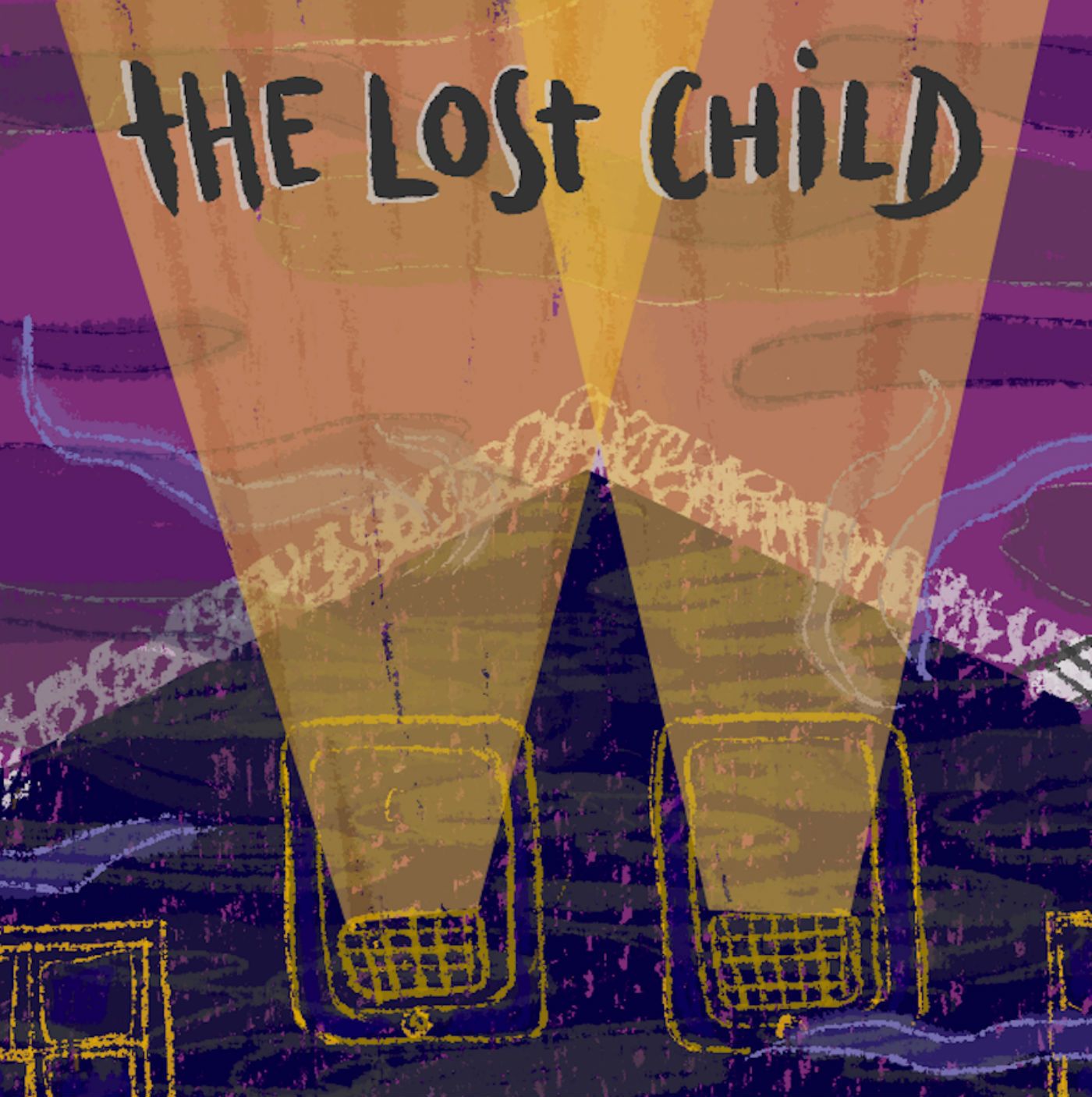The Lost Child
Subscribed: 7Played: 33
Subscribe
Copyright ©2019 Every Voice Matters. All rights reserved.
Description
The Lost Child is a thought-provoking series by Suno India, supported by Firstpost that gives you the tragic insights of child shelter homes in India and ground reality of the lives of these young people. The series will also bring to fore solutions that are being championed by pioneers of hope. As we encounter the situation on the ground - a mixture of corruption, poverty, abuse, and indifference- we wonder about the circumstances that lead children into shelter homes or into homes of strangers who adopt them and make them their own.
We will show how apathy and lack of resources can have disastrous consequences distorting the effects of time and distance on children. Listeners are introduced to the story of a child who spent years in a shelter away from his family home. Stories like this are more common than they should be. In this comparison, we see hope from unexpected quarters and how technology is becoming an enabler. The enforcement authorities of the southern Indian state of Telangana are using an app with facial recognition technology called ‘Darpan’ to reunite missing children with their parents.
The series will ask more questions as it progresses- why are shelter homes underfunded and not staffed sufficiently; why is family restoration through counseling and support, not a big priority of our government; what is being done to help those children in shelter homes to cope? This is where non-profits like Salaam Baalak Trust step in. We will feature stories of children who faced hardships yet pulled it through and have gone on to become engineers & doctors.
We will also try to get answers from various stakeholders - government officials, elders in the community, child right experts, social workers, activists and last but not the least children who have been raised in these shelter homes. The Lost Child is not just about going beyond the physical walls of shelter homes but also the societal walls which have been built around these children invisibilizing them.
For more stories like this, you can listen on www.sunoindia.in (http://www.sunoindia.in/) . Also follow us on Facebook (https://www.facebook.com/sunoindia.in) , Twitter (https://twitter.com/SunoIndia_in) or Instagram (https://www.instagram.com/sunoindia.in) .
We will show how apathy and lack of resources can have disastrous consequences distorting the effects of time and distance on children. Listeners are introduced to the story of a child who spent years in a shelter away from his family home. Stories like this are more common than they should be. In this comparison, we see hope from unexpected quarters and how technology is becoming an enabler. The enforcement authorities of the southern Indian state of Telangana are using an app with facial recognition technology called ‘Darpan’ to reunite missing children with their parents.
The series will ask more questions as it progresses- why are shelter homes underfunded and not staffed sufficiently; why is family restoration through counseling and support, not a big priority of our government; what is being done to help those children in shelter homes to cope? This is where non-profits like Salaam Baalak Trust step in. We will feature stories of children who faced hardships yet pulled it through and have gone on to become engineers & doctors.
We will also try to get answers from various stakeholders - government officials, elders in the community, child right experts, social workers, activists and last but not the least children who have been raised in these shelter homes. The Lost Child is not just about going beyond the physical walls of shelter homes but also the societal walls which have been built around these children invisibilizing them.
For more stories like this, you can listen on www.sunoindia.in (http://www.sunoindia.in/) . Also follow us on Facebook (https://www.facebook.com/sunoindia.in) , Twitter (https://twitter.com/SunoIndia_in) or Instagram (https://www.instagram.com/sunoindia.in) .
3 Episodes
Reverse








